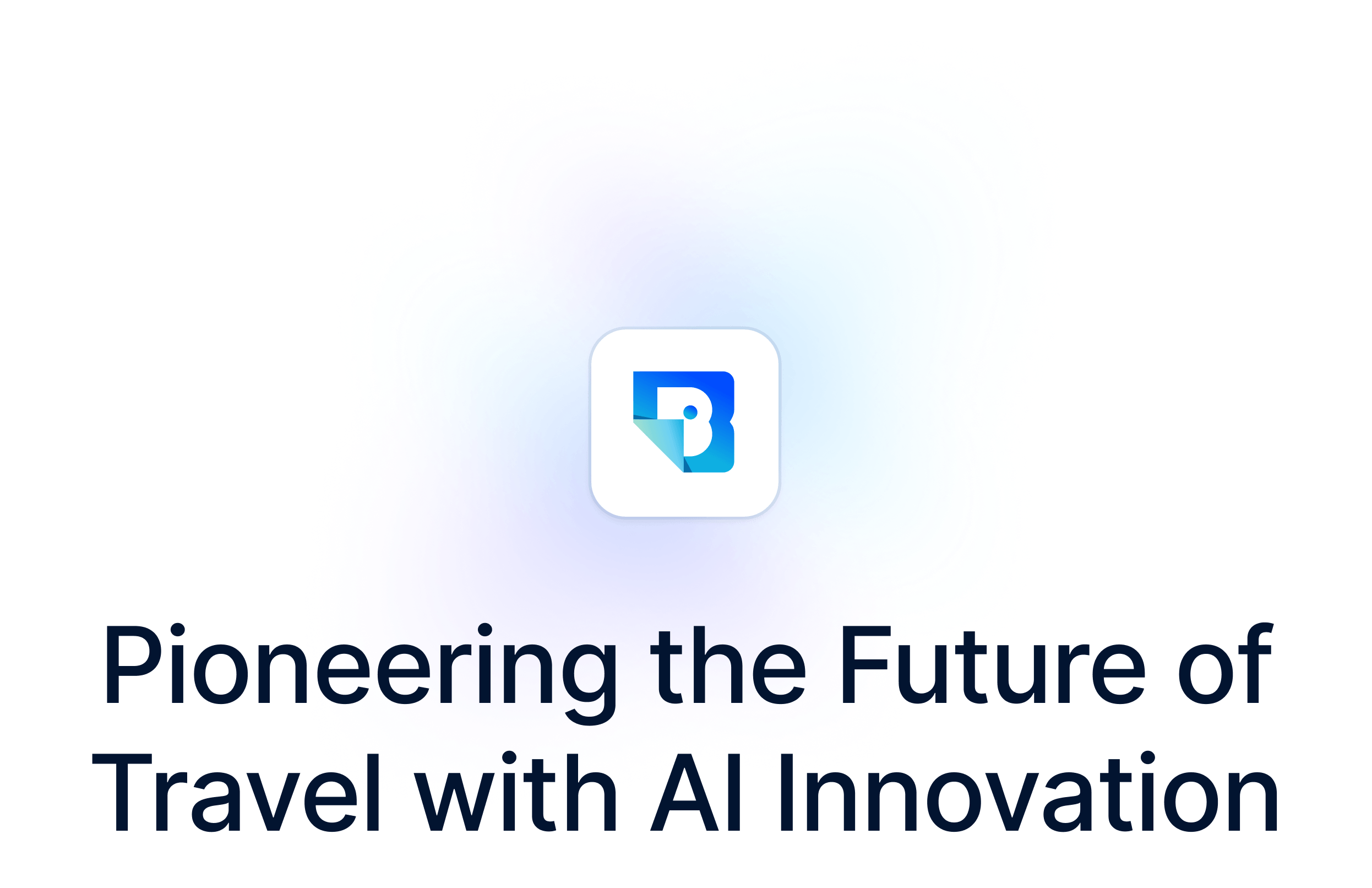Understanding the Core Principles
When exploring the depths of any subject matter, particularly those with extensive historical, scientific, or theoretical bases, it becomes critical to establish a robust understanding of core principles. By doing so, one navigates through complexities with clarity and confidence.
Principles are essentially foundational truths or propositions that serve as the bedrock for a wide range of systems and practices. They guide decision-making, influence behavior, and help in the formulation of judgments. Without such guiding stars, efforts may lack direction, potentially leading to inefficiencies or misunderstandings.
The Importance of Structured Frameworks
Incorporating structured frameworks is a proven approach to enhancing comprehension and application. These frameworks act like blueprints that define the boundaries and interconnections of key concepts. Structured frameworks facilitate the drawing of meaningful correlations between seemingly disparate ideas and provide a coherent path forward.
This method allows individuals to compartmentalize information effectively, making it easier to manage, recall, and apply knowledge in practical scenarios. As a result, the learning curve of complex subjects becomes less steep and more manageable, fostering increased engagement and retention.
Collaborative Learning and Knowledge Sharing
Knowledge sharing is an integral component of growth, whether personal or communal. In settings where collaboration is encouraged, the distribution of knowledge becomes a natural process, enriching the collective intelligence of a group or community. Collaborative learning environments empower individuals to contribute their unique insights while gaining from others.
This interaction creates a dynamic exchange of ideas where creative solutions to problems can emerge. It’s vital to cultivate spaces where open dialogue and respect for diverse perspectives are prioritized to leverage the full potential of collaborative learning.
Adapting to Change and Continuous Improvement
Change is an inevitable aspect of life's journey and often a driver of progress. Adapting to change involves staying resilient, flexible, and open-minded about new methodologies, technologies, and paradigms. Continuous improvement is rooted in the willingness to evolve and the determination to seek betterment consistently.
By fostering a growth mindset, individuals and organizations can navigate change more effectively, turning potential obstacles into stepping stones towards greater achievements. Emphasizing the importance of adaptability ensures that one remains relevant and competitive in a rapidly changing world.
Conclusion
In conclusion, understanding core principles, utilizing structured frameworks, encouraging collaborative learning, and embracing change are all essential ingredients for success. These elements foster a deeper comprehension and application of knowledge, enabling individuals and communities to thrive in various contexts. As we continue to explore and expand our horizons, let us remain committed to these key tenets that guide us toward a more informed and progressive future.









